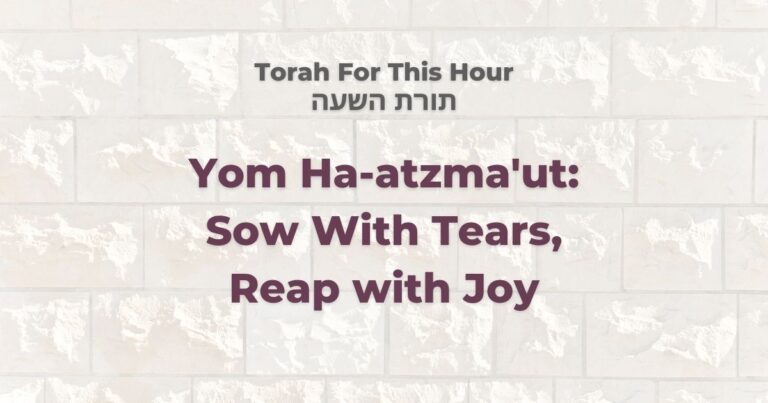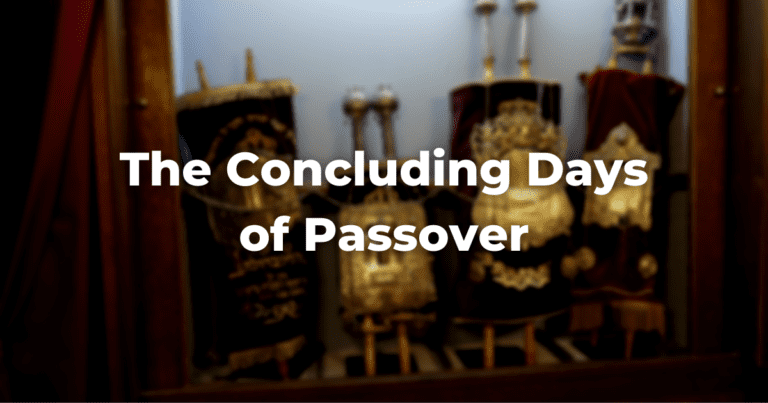Yom Kippur begins with Kol Nidrei, followed by the Evening Service.
Yom Kippur Ma·ariv is similar to the regular Ma·ariv service in that it begins with the Bar’khu (also written as barchu) call to worship and continues with the Sh’ma (also written as Shema) and its blessings, then with the Amidah, and then ends with the usual concluding prayers.
Sh’ma
What is unusual is the vocal recitation of the second line of the Sh’ma:
בָּרוּךְ שֵׁם כְּבוֹד מַלְכוּתוֹ לְעוֹלָם וָעֶד.
Barukh sheim k’vod malkhuto le’olam va·ed.
Praised be God’s glorious sovereignty throughout all time.
which is recited in an undertone every other day of the year. It is also chanted aloud at the other Yom Kippur services.
Since this line hearkens back to the worship service of the High Priest in the ancient Temple (see, e.g., M Yoma 3:8, 4:1–2, or 6:2), it is deemed appropriate for us today to highlight these words as a way of honoring the High Priest’s central role in the Yom Kippur service in ancient times.
Confessional Prayers
There are two confessional prayers: the shorter Ashamnu confessional and the much longer Al Ḥeit, which are repeated over and over throughout the services on Yom Kippur.
It is customary to “beat one’s breast” (tapping the right hand, either folded into a loose fist or else using only the fingertips, lightly over the heart) when reciting these prayers as a sign that we are taking these words to heart.
Rabbi Mana said: “Why do people beat their hearts? Because the heart is the source of sin” (Kohelet Rabbah 7:9).
Following the Amidah, there is a series of liturgical poems that focus on the theme of confession. Then, except on Shabbat, Avinu Malkeinu is recited.
When leaving the synagogue after Kol Nidrei and Ma·ariv, worshipers strive to behave in a way that befits a day of solemnity and judgment.
The usual post-worship banter is replaced by a more serious and solemn conversation as we demonstrate even in our casual speech patterns the degree to which we are preoccupied with the matters of a very serious day.
The traditional greeting for the day is thus not ḥag samei·aḥ (have a happy holiday) but:
גְמַר חַתִימָה טוֹבָה
גְמַר טוֹב
g’mar tov or g’mar ḥatimah tovah
both of which convey a wish that the person being addressed be judged for good on the coming Day of Judgment and be written and sealed in the Book of Life.
Adapted with permission from The Observant Life.
Authors
-

-



The Observant Life: The Wisdom of Conservative Judaism for Contemporary Jews distills a century of thoughtful inquiry into the most profound of all Jewish questions: how to suffuse life with timeless values, how to remain loyal to the covenant that binds the Jewish people and the God of Israel, and how to embrace the law while retaining an abiding sense of fidelity to one’s own moral path in life. Written in a multiplicity of voices inspired by a common vision, the authors of The Observant Life explain what it means in the ultimate sense to live a Jewish life, and to live it honestly, morally, and purposefully. The work is a comprehensive guide to life in the 21st Century. Chapters on Jewish rituals including prayer, holiday, life cycle events and Jewish ethics such as citizenship, slander, taxes, wills, the courts, the work place and so much more.
View all posts





